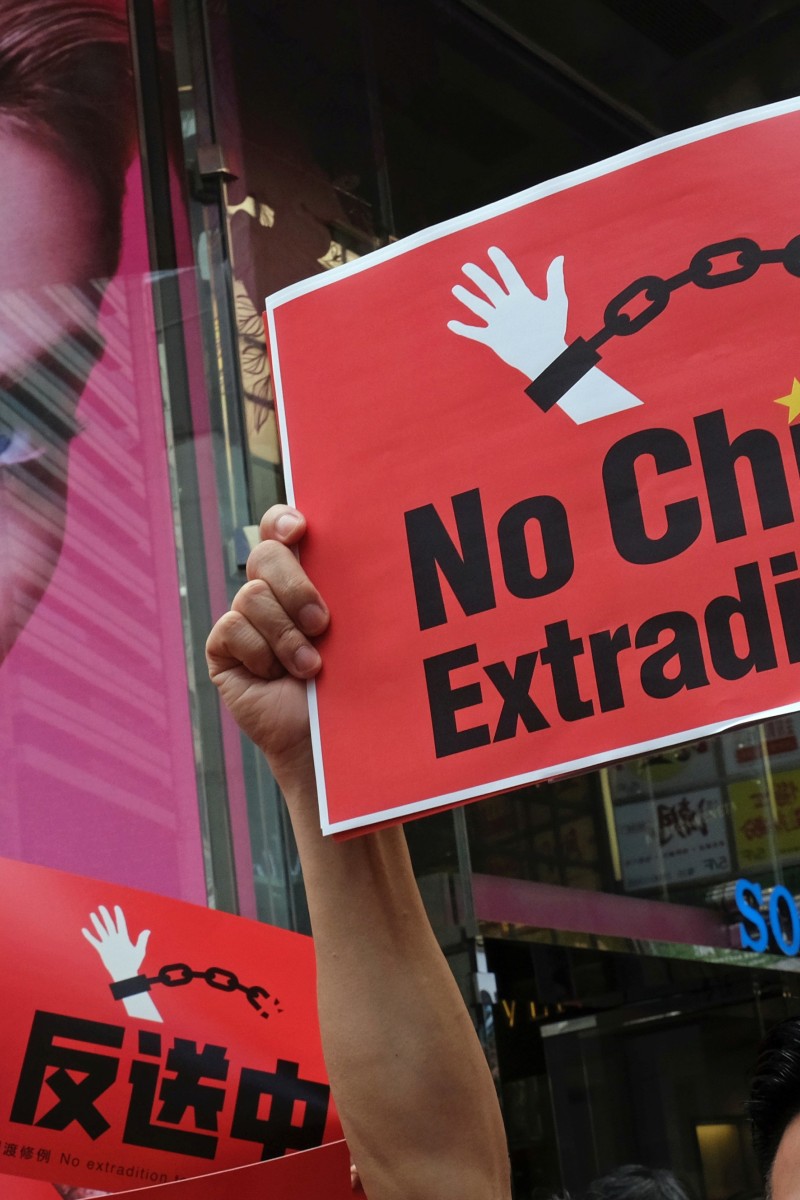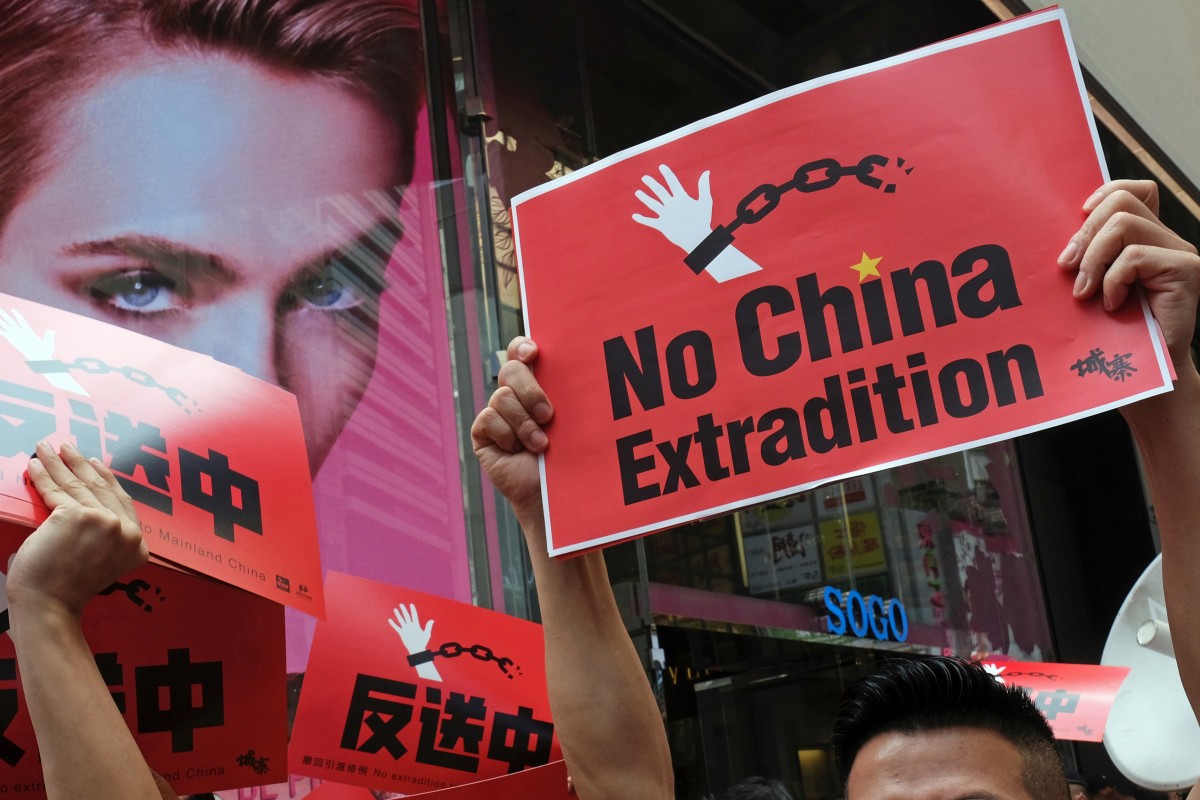
Number of signatures opposing changes to Hong Kong's extradition law increase
More than 20,000 students, alumni and teachers from schools and universities, including Legco members' alma maters, oppose the fugitive bill
 The new law has been criticised.
The new law has been criticised. The controversial extradition law continues to attract strong criticism from different sections of society, including the education sector. The number of students, graduates, and teachers from secondary schools and universities who have joined online petitions against the bill have risen to more than 23,000.
Among those who had signed the petitions were alumni of St Francis Canossian College, which Hong Kong’s Chief Executive Carrie Lam Cheng Yuet-ngor attended; St Mary’s Canossian College of which Secretary for Justice Teresa Cheng Yeuk-wah is a graduate; and Wah Yan College, Kowloon, where security minister John Lee Ka-chiu studied.
Secretary for Education Kevin Yeung Yun-hung said some local schools told authorities the petitions did not reflect their official stance, and the bill was not a “hot topic” on campus. “If students are puzzled about certain social issues, teachers should explain to them in an unbiased way without instilling their personal political stance,” Yeung said.
Both Lam and Lee have said the government would make more concessions to boost people’s confidence in the bill. These include adding human rights safeguards; allowing Hongkongers to serve their jail terms in Hong Kong after sentencing on the mainland; and raising the threshold for extradition to cover crimes punishable by at least seven years behind bars, rather than those punishable by three years, which is the situation under the current legislation.
The government has vowed to force the bill through the Legislative Council and move it to a vote.
You might also like:
Legco chaos once more over Hong Kong's proposed extradition bill
